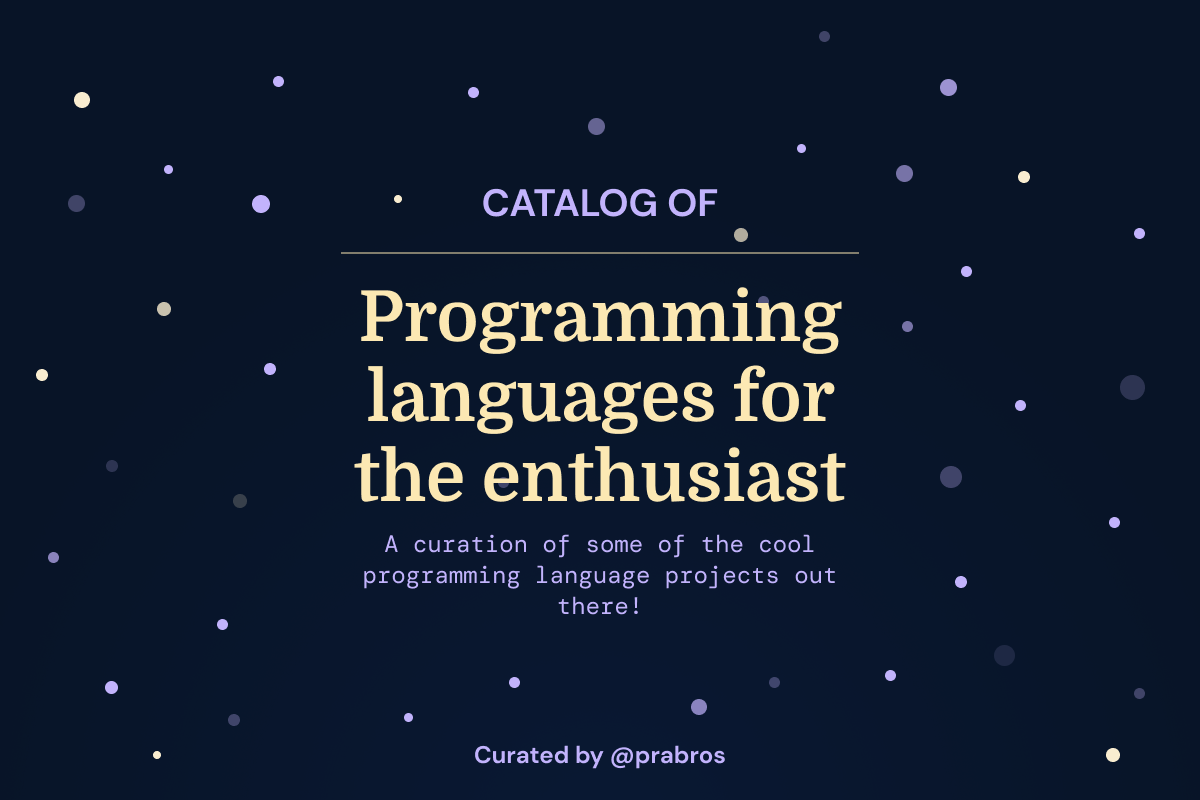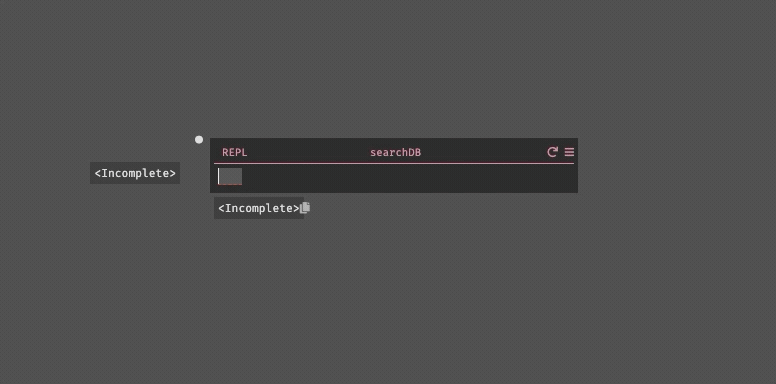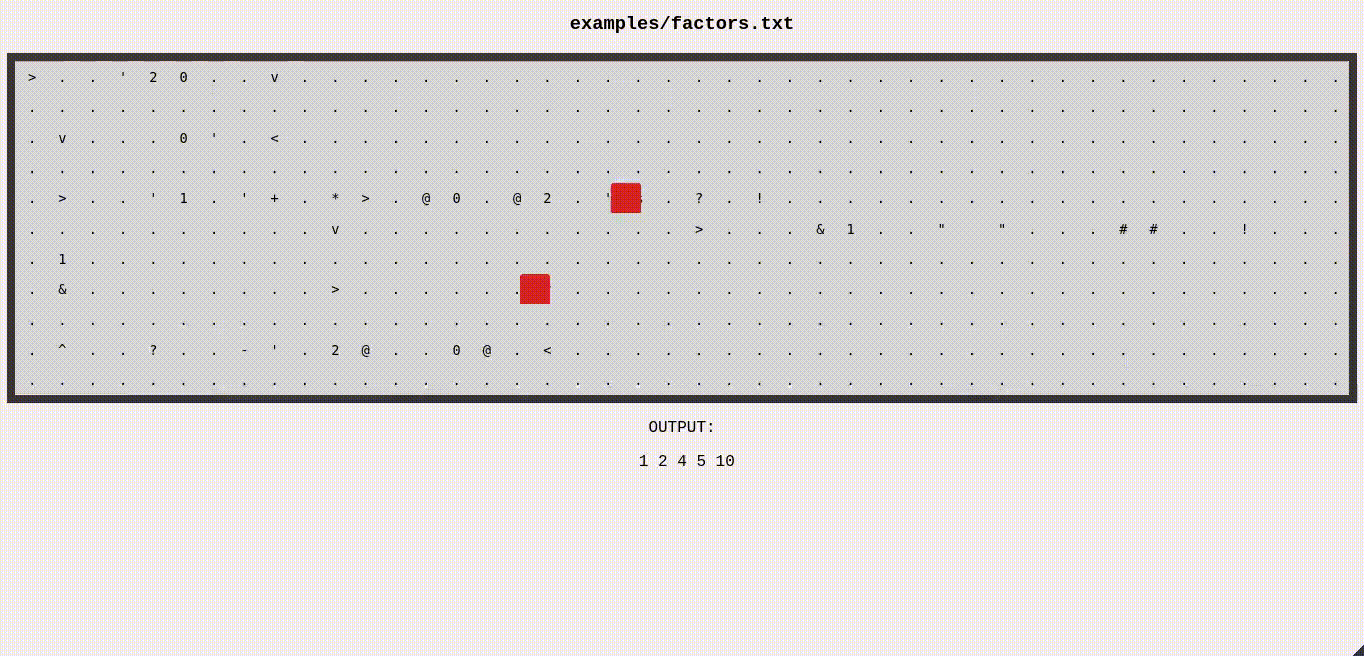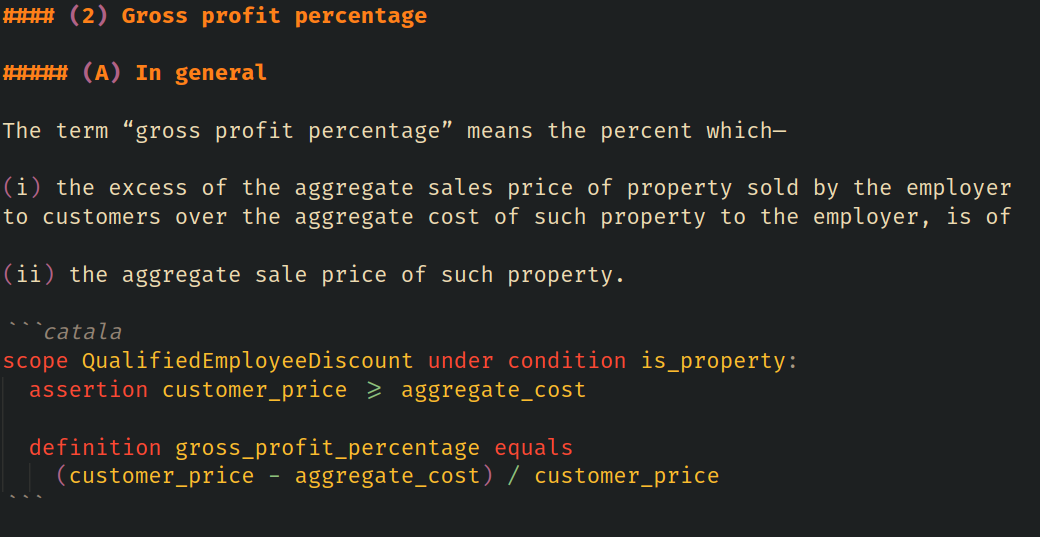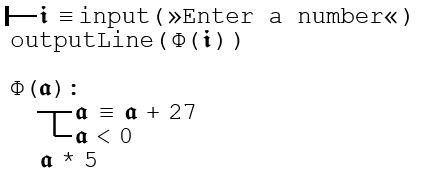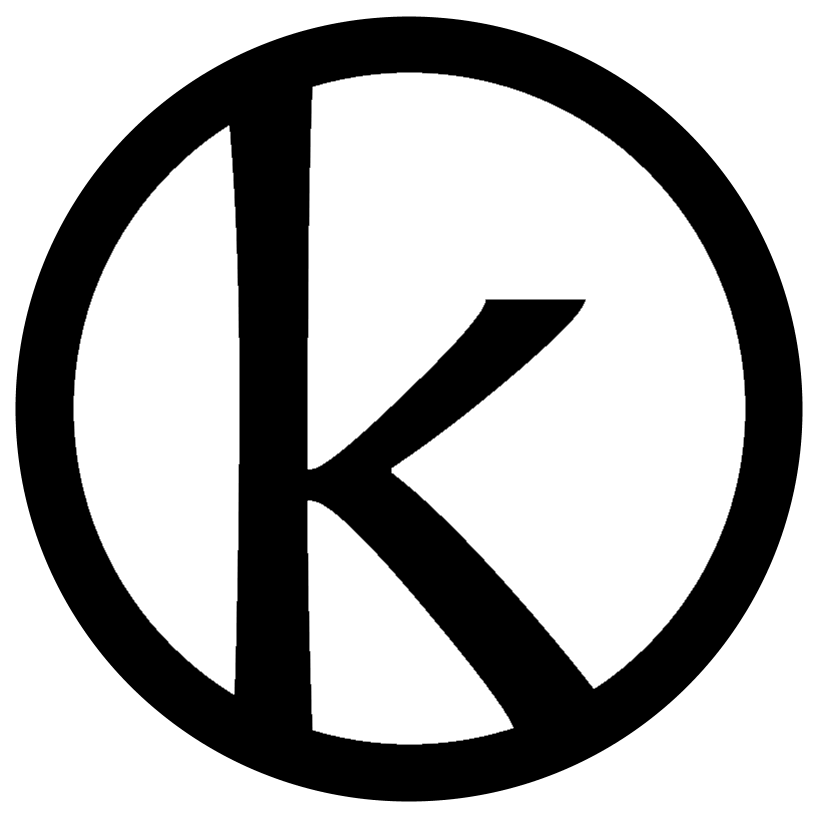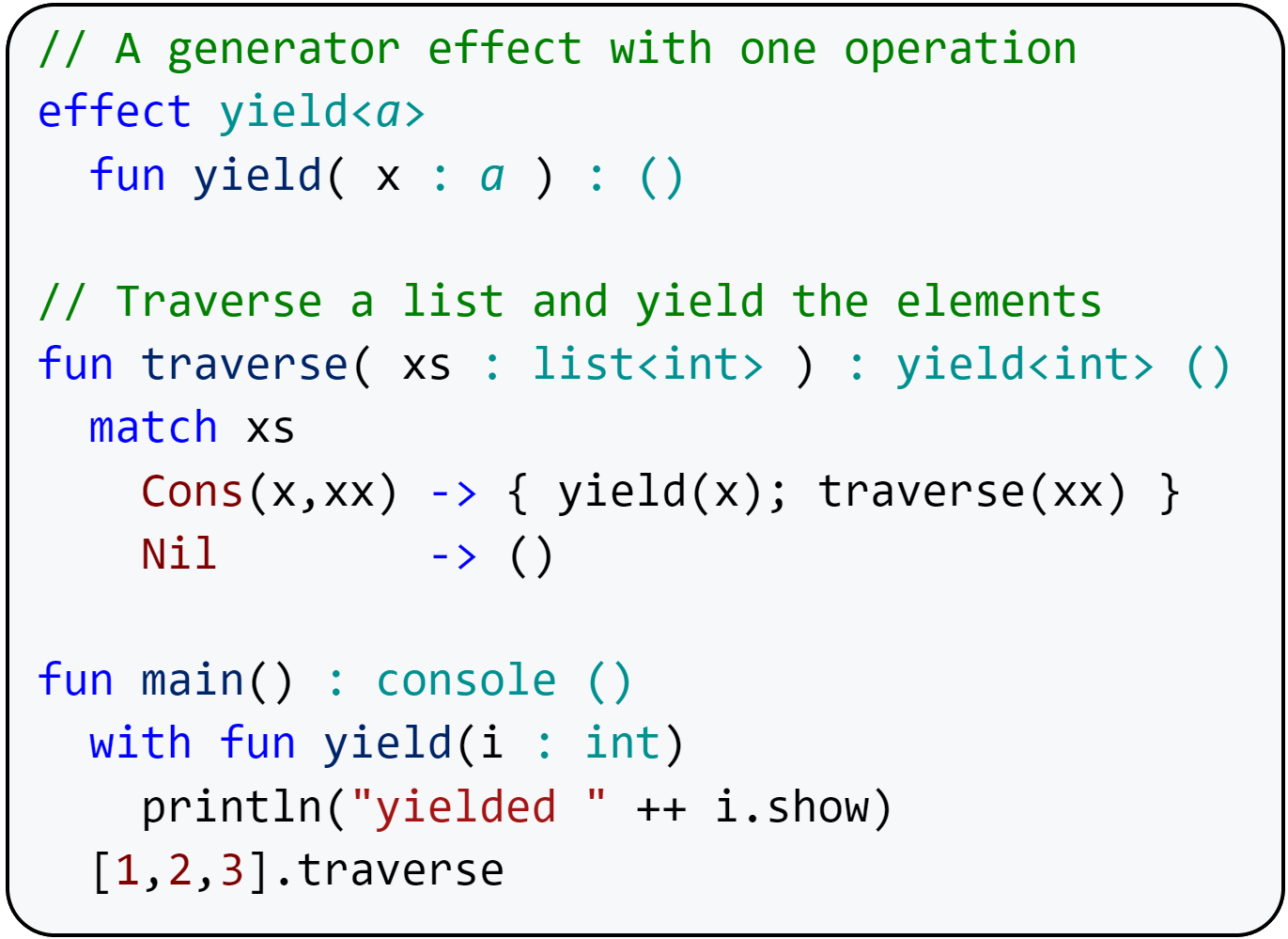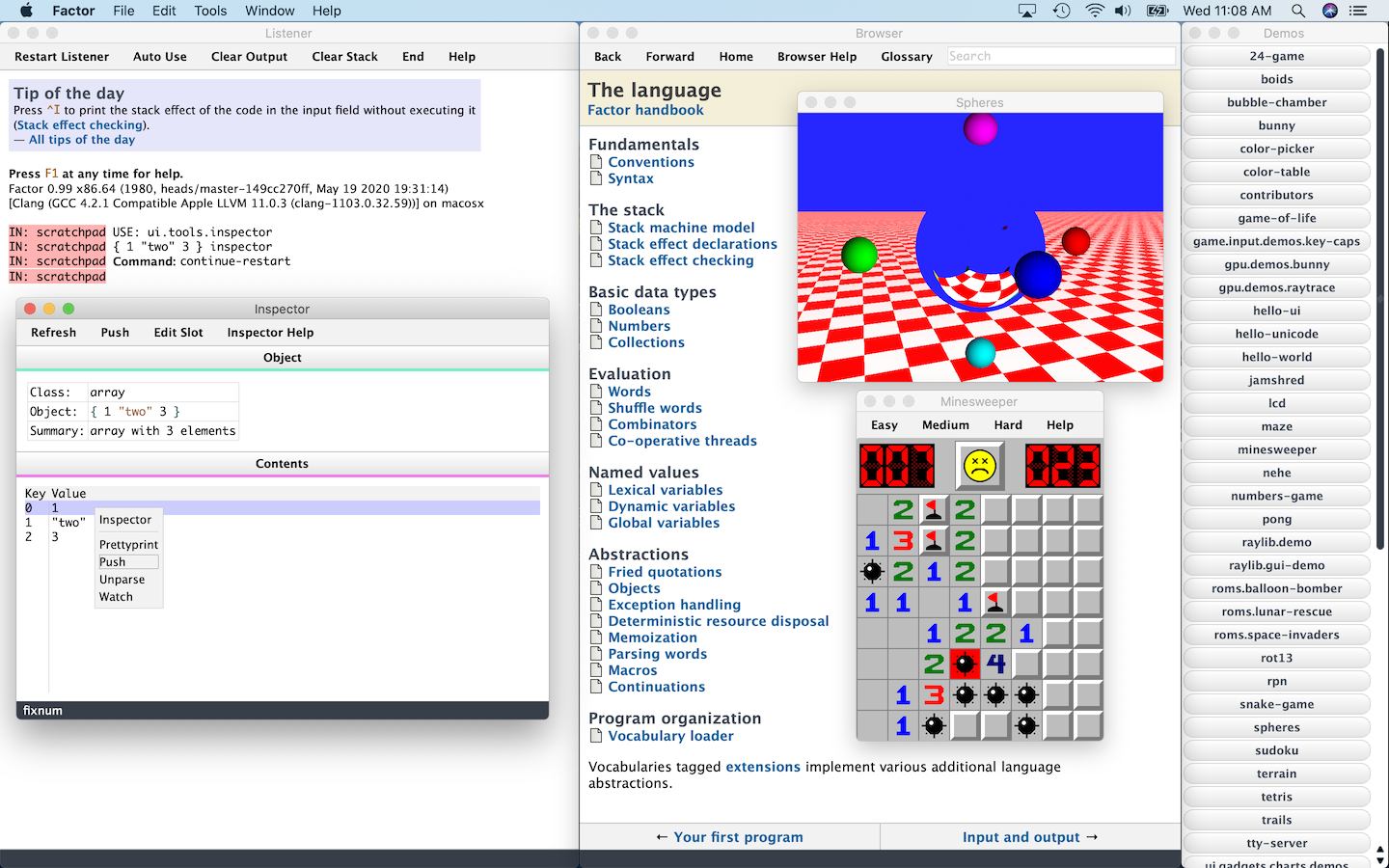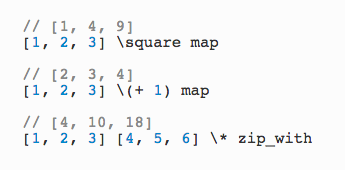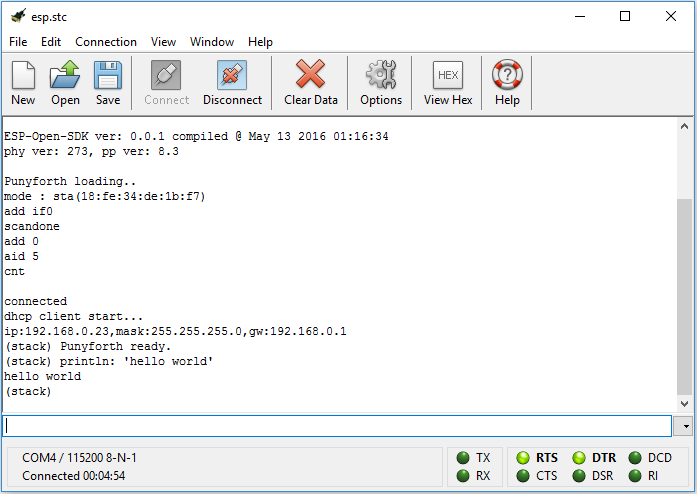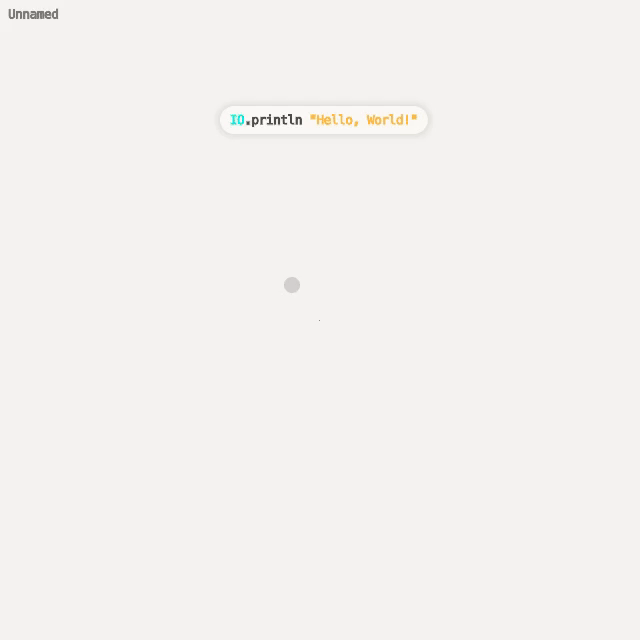A catalogue of languages, environments, and tooling around them. Feel free to send a PR if I am missing some cool indie projects here.
Bolt is a language with in-built data-race freedom!
Soufflé is a variant of Datalog for tool designers crafting analyses in Horn clauses. Soufflé synthesizes a native parallel C++ program from a logic specification.
Mascarpone is a self-modifying programming language in the style of Emmental.
Dafny is a programming language with a program verifier. As you type in your program, the verifier constantly looks over your shoulders and flags any errors.
Irken is a strongly typed, compiled language with a lisp-like syntax extensible with macros. It uses type inference along with a powerful type system to give you the speed of a compiled language with high-level data types and a higher degree of safety than languages like C/C++.
Ur is a programming language in the tradition of ML and Haskell, but featuring a significantly richer type system. Ur is functional, pure, statically typed, and strict. Ur supports a powerful kind of metaprogramming based on row types.
Dark, a combined language, editor, and infrastructure to make it easy to build backends.
Website: https://darklang.com/ Dev Blog: https://blog.darklang.com/
Friendly Interactive Shell and Expressive Programming Language
An efficient implementation of the higher-order logic programming language Lambda Prolog
A friendly little systems language with first-class types.
Some of Brendan’s thoughts on evolving Pikelet can be read here: https://gist.github.com/brendanzab/eba7015e6345abe79a57a704091820bb/
A declarative property graph query language
Arend is a theorem prover based on Homotopy Type Theory. It natively supports higher inductive types and a version of cubical syntax.
Repo: https://github.com/JetBrains/Arend A tutorial on it is available here: https://ice1000.org/2020/05-14-ArendLittleIntro.html
A stack-based programming language with derivational morphemes
IRCIS is an esoteric programming language where the program exists in a two-dimensional grid of cells, where each cell contains a single instruction, and execution can proceed in any cardinal direction across this grid – not just left-to-right, but also right-to-left, top-to-bottom, and bottom-to-top.
Clay is a programming language designed for Generic Programming.
Alan is a programming language that does concurrency for you and can thus separate how the software is written from how it runs
Pony is an open-source, actor-model, capabilities-secure, high performance programming language.
A post on the history of the language: https://www.ponylang.io/blog/2017/05/an-early-history-of-pony/
A collection of talks on the language is available here: https://codesync.global/media/top-10-pony-lang-talks/
Scheme based powerful lisp language in JavaScript
A data parallel functional programming language
[WIP] An esoteric programming language build around macros.
Frank is a strict, effectful functional programming language with a bidirectional type-and-effect system and effect handlers
Catala is a programming language adapted for socio-fiscal legislative literate programming. By annotating each line of the legislative text with its meaning in terms of code, one can derive an implementation of complex socio-fiscal mechanisms that enjoys a high level of assurance regarding the code-law faithfulness.
Website: https://catala-lang.org/
Gottlob is an esoteric language which tries to match Frege’s notation in Begriffsschrift as closely as possible.
Koka: a function-oriented language with effect inference
I encountered Koka when researching about algebraic effects. Papers from Daan Leijen on its semantics and technical details are available here: https://www.microsoft.com/en-us/research/project/koka/
Red is a new programming language strongly inspired by Rebol, but with a broader field of usage thanks to its native-code compiler, from system programming to high-level scripting, while providing modern support for concurrency and multi-core CPUs.
A minimal pure functional language based on self dependent types.
Gravity is a powerful, dynamically typed, lightweight, embeddable programming language written in C without any external dependencies (except for stdlib). It is a class-based concurrent scripting language with modern Swift-like syntax.
Ballerina is an open source programming language and platform for cloud-era application programmers to easily write software that just works.
A static, type inferred and embeddable language written in Rust.
Flix is a statically typed functional, imperative, and logic programming language.
A statically typed language for the Erlang VM
A fun safe language for rapid prototyping and high performance applications
An advanced, statically typed, high performance scripting language with native C++ embedding.
A call-by-value functional language with algebraic effects, runners, quantitative type theory, and staging
Wyvern is a new general-purpose programming language designed to support adaptation and assurance.
An interpreter for learning and exploring pure λ-calculus
Purely functional, reactive scripting language
Verification system for effectful programs
Author: Jeffrey Guenther
A declarative, dataflow programming language for exploring alternatives
Thesis: http://summit.sfu.ca/system/files/iritems1/17048/etd9968_JGuenther.pdf
Agda is a dependently typed programming language / interactive theorem prover.
The Poly/ML implementation of Standard ML.
Factor is a concatenative, stack-based programming language with high-level features including dynamic types, extensible syntax, macros, and garbage collection. On a practical side, Factor has a full-featured library, supports many different platforms, and has been extensively documented.
A statically typed concatenative systems programming language.
A Verified Implementation of ML
A simple, stack-based, Forth inspired programming language that primarily targets Internet of Things (IOT) devices, like the ESP8266.
A small, portable language, for making reliable applications
Cedille, a dependently typed programming languages based on the Calculus of Dependent Lambda Eliminations
Research on integrating datalog & lambda calculus via monotonicity types.
Paper on the underlying theory: http://www.rntz.net/files/tones.pdf
Cone is a fast, fit, friendly, and safe systems programming language.
An insanely simple self-hosted functional programming language
Simple CoC-based programming language
An expression oriented, gradually typed and mission-critical programming language.
A super-flexible language based entirely on tree rewrites
Research language for array processing in the Haskell/ML family
Functional programming language with fully reversible computation
A Super Kawaii Dependently Typed Programming Language
Finkel is a statically typed, purely functional, non-strict-by-default dialect of the Lisp programming language. Or in other words, Haskell in S-expression.
A small dynamically-typed scripting language written in Rust/C and is inspired by Pascal, Ruby and Javascript.
A statically typed, side-effect free single assignment language and will have functional programming and concurrent programming features.
Egison is a functional programming language featuring its expressive pattern-matching facility.
A portable programming language with an compact intermediate representation
A concatenative language for behavior trees
Repo: https://github.com/arturo-lang/arturo Simple, modern and powerful interpreted programming language for efficient scripting.
Relational Programming Environment.
Imp by Jamie Brandon is envisioned to be a programming environment for working with structured data across multiple platforms blurring the lines between a programming language and a database.
It is still in an experimental phase, but already home to a few cool ideas. Read about it here: https://scattered-thoughts.net/writing/imp-intro/
A hybrid visual and textual functional programming language.
They keep a dev diary on Medium: https://medium.com/@enso_org/enso-dev-blog-18th-december-2020-e51e11c02c66
Unison is a modern, statically-typed purely functional language, similar to Haskell, but with the ability to describe entire distributed systems with a single program.
An audio server, programming language, and IDE for sound synthesis and algorithmic composition.
Myia is a new differentiable programming language. It aims to support large scale high performance computations (e.g. linear algebra) and their gradients.
fizz is an experimental language and runtime environment for the exploration of cognitive architectures and combined Machine Learning (ML) and Machine Reasoning (MR) solutions.
The primary goal of Neon is to find out whether a useful programming language can avoid some of the common pitfalls that beginners frequently encounter in other languages.
Tooling
TILT is a compiler for Standard ML that uses Typed Intermediate Languages.
The Typer Piper: Automating Data Structure Transformations Through Type Chaining
Zod is a TypeScript-first schema declaration and validation library. I’m using the term “schema” to broadly refer to any data type/structure, from a simple string to a complex nested object.
A Fully-fledged functional effect system for typescript with a rich standard library.
Formalised embedding of an imperative language with effect system into session-typed pi calculus.
Fake dependent types in Haskell using singletons
A safe, extensible, layered programming language that runs on top of JavaScript
Asterius is a Haskell to WebAssembly compiler based on GHC.
